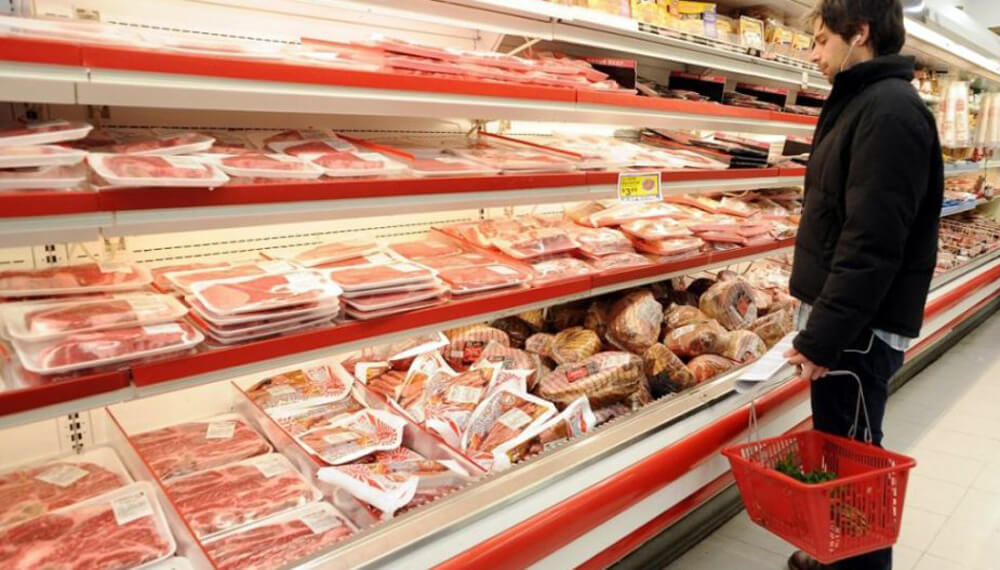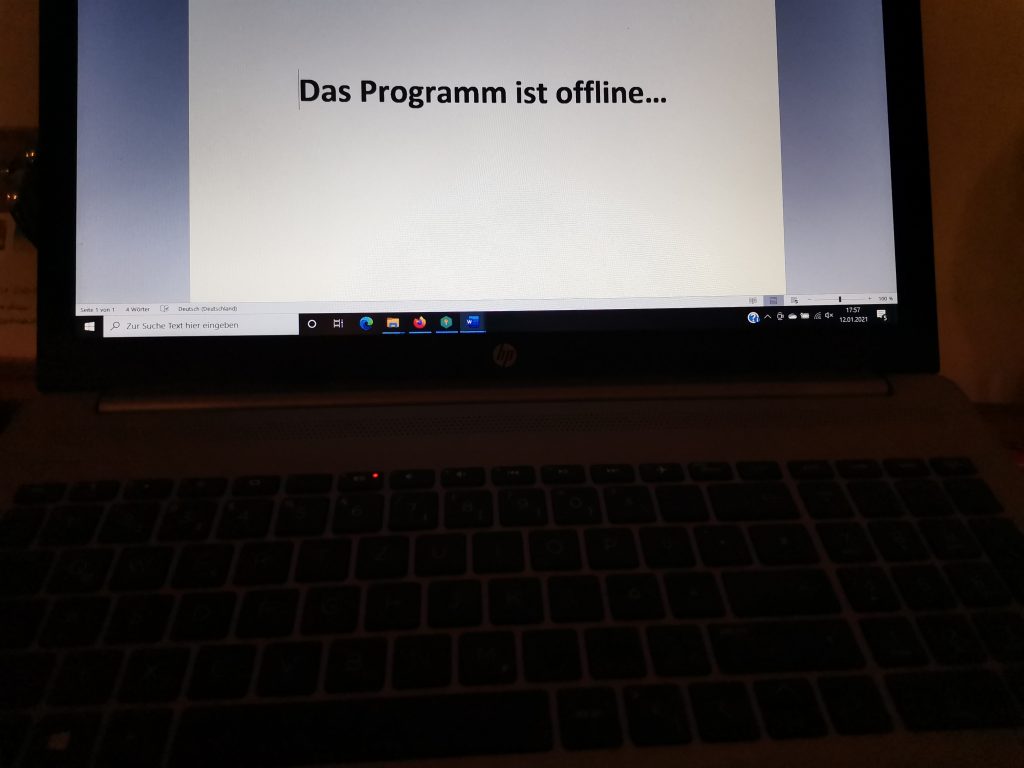The Rural Society of July 9 He synthesized through a statement what agricultural producers really feel with the novel of corn that the National Government is writing through the Ministry of Agriculture, Livestock and Fisheries of the Nation: “Today are corn exports, tomorrow wheat, meat, milk, etc.”
“Fear”, although it may not be the correct word, is the first thing that arises in the agricultural sector when the government decides to temporarily shut down corn exports. Why fear? Because any excel of an agricultural company is drawn on a supposed market, both domestically and internationally. If something changes in that equation, uncertainty reigns.
“Because agricultural cycles are long, therefore we need clear rules. Intervention in the markets generates unpredictability “, affirms the entity 9 July.
Indeed, the cycles they are very long because they are biological, in other words, what happens today was thought and diagrammed a long time ago. For the strict case of agriculture, a crop (soybean, corn, sorghum, wheat, etc.) It takes at least 6 months of planning and development, but in some cases we can speak of years, if one thinks for example in the influence of the preceding crop to manage the fertilization of the soils, or in the rotation of the crops.
“Corn is essential in crop rotation, key for the conservation and recovery of soils, being the one that contributes the greatest amount of organic matter to the system“, Adds the Rural Society of July 9.
Taken to the livestock plane, the vast majority of beef cuts that consumers can buy today in the shelves of supermarkets or butchers in their neighborhoods, They are animals that were born in the summer of 2018.
In short, the uncertainty a consumer experiences when He does not know well what is the price that he must pay for a product (due to accumulated inflation), it is the same that the agricultural producer suffers by adding the incidence quota of agricultural policies. And even worse: how much is the good I produce worth?
For this reason, the nine-July SR ensures that “This intervention decreases production and, consequently, as supply decreases, prices increase, moving to the rest of the production chains, and more importantly, to the consumer”.
Pprobably, the current system of export quota of 30,000 tons of corn per day until the new cereal harvest is fully covered, and do not create major inconveniences for companies that sell abroad; but they seize the productive imaginary.
So… “Doubts are raised about possible future interventions in the rest of the markets”, concludes the statement of the Rural Society of July 9
–


